
If you are a litter picker you can enhance the effect of your work by recording data about the litter you collect. It's crucial for several reasons, as it not only enhances the effectiveness of clean-up efforts but also contributes to a broader understanding of the environmental impact of litter, and to public awareness campaigns. Here are some key reasons highlighting the importance of recording data:
Identifying Litter Hotspots
Recording data allows litter pickers to identify specific locations that consistently accumulate litter. These areas, known as hotspots, can be targeted for more frequent clean-ups or other preventive measures. By analyzing the data over time, strategies can be developed to address the root causes of littering in these areas. Contact your local council for assistance if you notice an area that is consistently littered.
Resource Allocation
Accurate data on the types and quantities of litter found helps authorities allocate resources more efficiently. It enables them to tailor their efforts based on the specific needs of different regions or communities. This strategic approach ensures that the limited resources are used where they are most needed. Keep Britain Tidy would like there to be a deposit return scheme for plastic & glass bottles, and aluminum cans. If evidence can be provided that a significant amount of these items are littered it helps the case to implement the scheme.
Environmental Impact Assessment
Documenting the types of litter collected allows for a thorough assessment of the environmental impact. Certain materials may have more severe consequences on the ecosystem or wildlife. Understanding the composition of litter aids in developing targeted solutions to mitigate these impacts and protect the local environment. Cigarette butts are typically the most littered item, 83% of cigarette butts are left on the ground and not in a bin. They account for 66% of all litter by quantity. Knowing these figures helps to educate the public and to put pressure on government to take action.
Educational and Awareness Campaigns
Recorded data serves as valuable evidence for educational and awareness campaigns. By sharing statistics on the types of litter commonly found and their environmental consequences, outreach programs can be tailored to address specific issues. This information helps educate the public about the importance of responsible waste disposal. By recording your data you will be helping to influence future policy and create wider awareness about the problem of littering.
Measuring Progress
Regularly recording data provides a basis for measuring the success of litter prevention initiatives over time. Comparing data from different periods allows authorities and environmental organizations to assess the effectiveness of their interventions and make informed decisions on future actions.
Community Engagement
Involving local communities and your litter picking group in data collection fosters a sense of responsibility and ownership. When people actively participate in recording data during litter picking activities, they become more aware of the litter issue in their area. This engagement can lead to increased community initiatives and a shared commitment to maintaining a cleaner environment.
How to Record Litter Picking Data
Recording data during litter picking in the UK is not just about cleaning up public spaces but is a proactive approach to understanding, addressing, and preventing litter-related issues. It empowers communities, informs policies, and contributes to a sustainable and healthier environment for all. The best place to record data is with the Keep Britain Tidy campaign, use the Litter Picking Collect and Count form here. It's a quick and easy 2 minute survey to be collected after each litter pick. You'll be asked to provide the date and location of your litter pick. You can do this after each litter pick or as a cumulative at the end of the month/week. Whatever works for you! You'll need to know how many hours were spent picking, so add up all of the hours for each volunteer. You'll then add the number of bin bags you have collected. You can estimate the amount, there's a handy guide on the form for use when you are unsure. If you have time you can also add in optional data about cigarette butts and vape and e-cigarette litter items.
That's it, you're a litter hero! Thank you for your hard work.
If you are in need of new litter picking kit, take a look at our range of litter picking kit made here in the UK by the Helping Hands company.



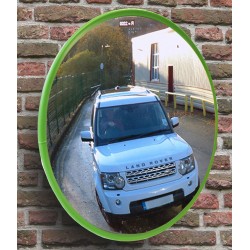
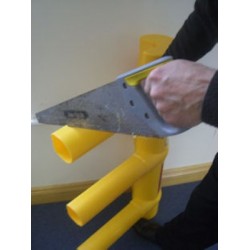
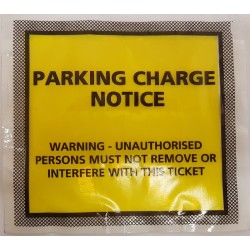
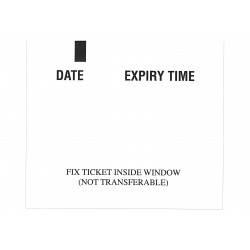
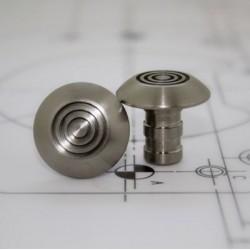

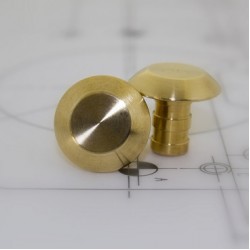
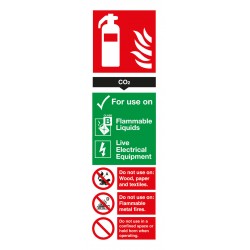
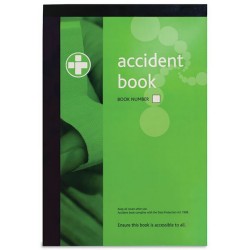
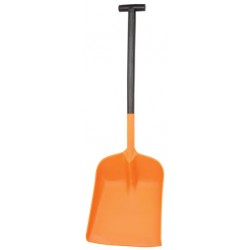
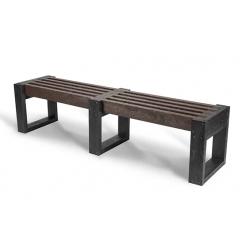
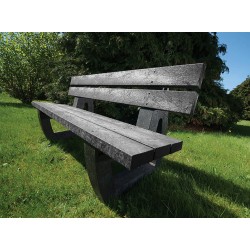
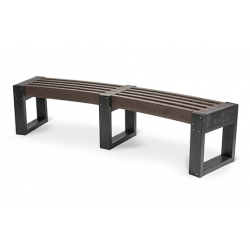
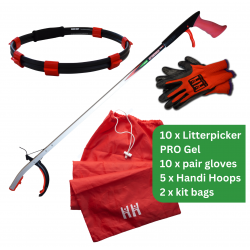
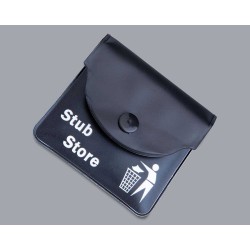
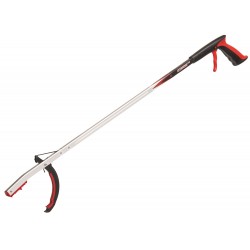
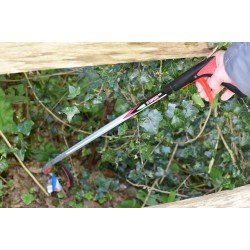

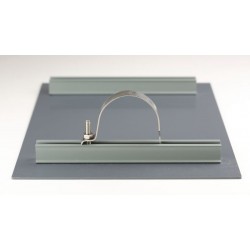
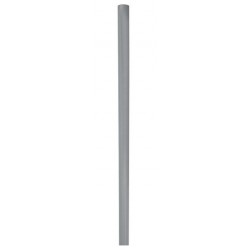
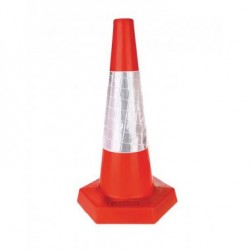
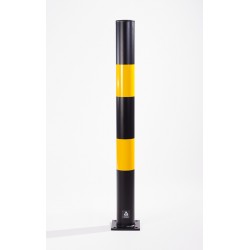
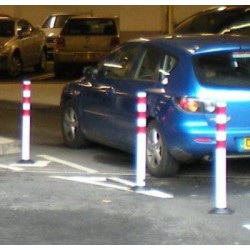
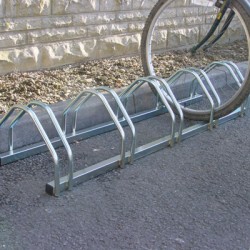
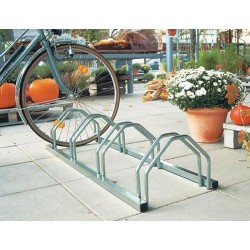
Leave a Comment